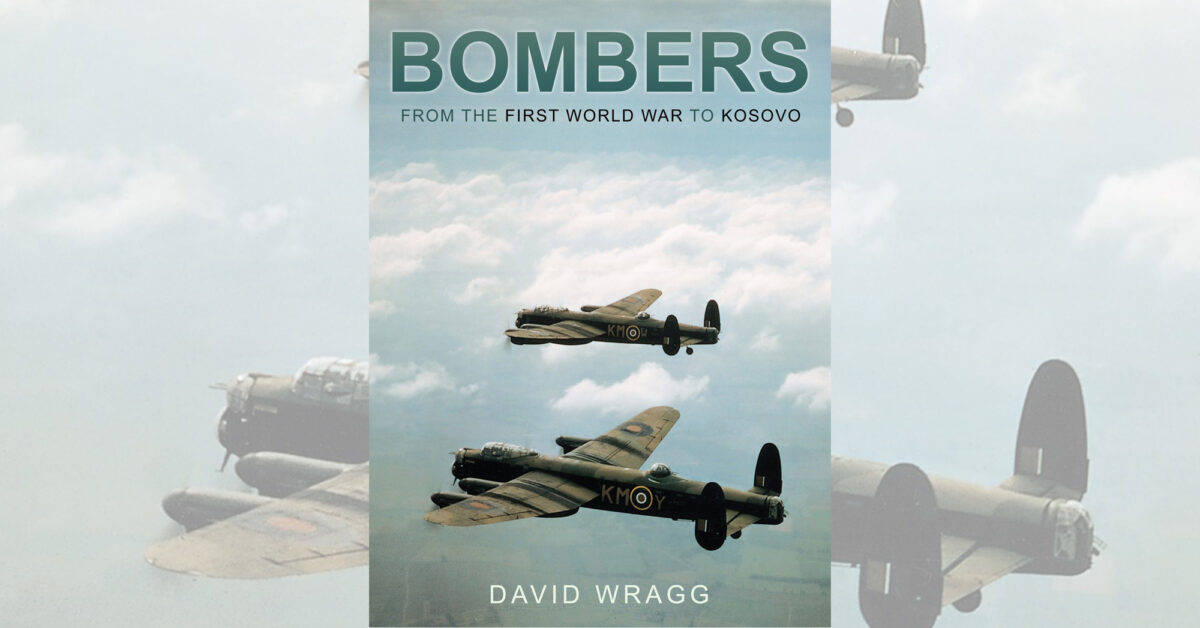Bombers From the First World War to Kosovo, by David Wragg, Sutton Publishing, United Kingdom, 1999, $44.95.
This book is a very uneven piece of work that should have been titled more properly “Impressions of Bombers (mainly British) from the First World War to Kosovo.” It is enjoyable but maddening to read, for while the information it presents is both accurate and interesting, the material that it overlooks is astounding.
David Wragg, a reputable aviation author, covers the bombers of World War I in 10 pages, failing even to mention the Royal Air Force’s Independent Force or Handley Page bombers. Snippets of information on German Gotha and de Havilland DH-4 actions are included, along with Wragg’s comments on the effects of the raids. On the whole it is an extremely sketchy and unsatisfying presentation, however, and draws no conclusions on either tactical or strategic bombing.
World War II is somewhat better served, with 200 pages devoted to the subject. The primary emphasis, naturally enough, is on the efforts of Britain’s RAF, with less attention paid to the German, Japanese and American bombing campaigns. But Bombers From the First World War to Kosovo scarcely mentions bombers of the other major air forces–French, Italian and Soviet. And while it might be forgivable to overlook the Amiot 143, it is unconscionable to forget the Petlyakov Pe-2 or Ilyushin Il-2.
The post-World War II period is given short shrift, with only 48 pages devoted to those conflict-filled years. The rise of the Strategic Air Command is completely passed over. Wragg’s account of the Vietnam War deals almost solely with the U.S. Navy and does not even mention the U.S. Air Force’s use of Boeing B-52s during Operation Linebacker II, the Christmas bombing of North Vietnam in 1972. His accounts of the Gulf War and the action in Kosovo are interesting mainly because of what is included and what is left out.
All in all, this is an interesting book, but it is very expensive for what it delivers. David Wragg is an excellent writer, knowledgeable and literate. His comments on the various aspects of the bomber air war are generally intelligent and to the point. But he omits so much that one feels the book must have been a rush job, in which too much was attempted in too little time.





